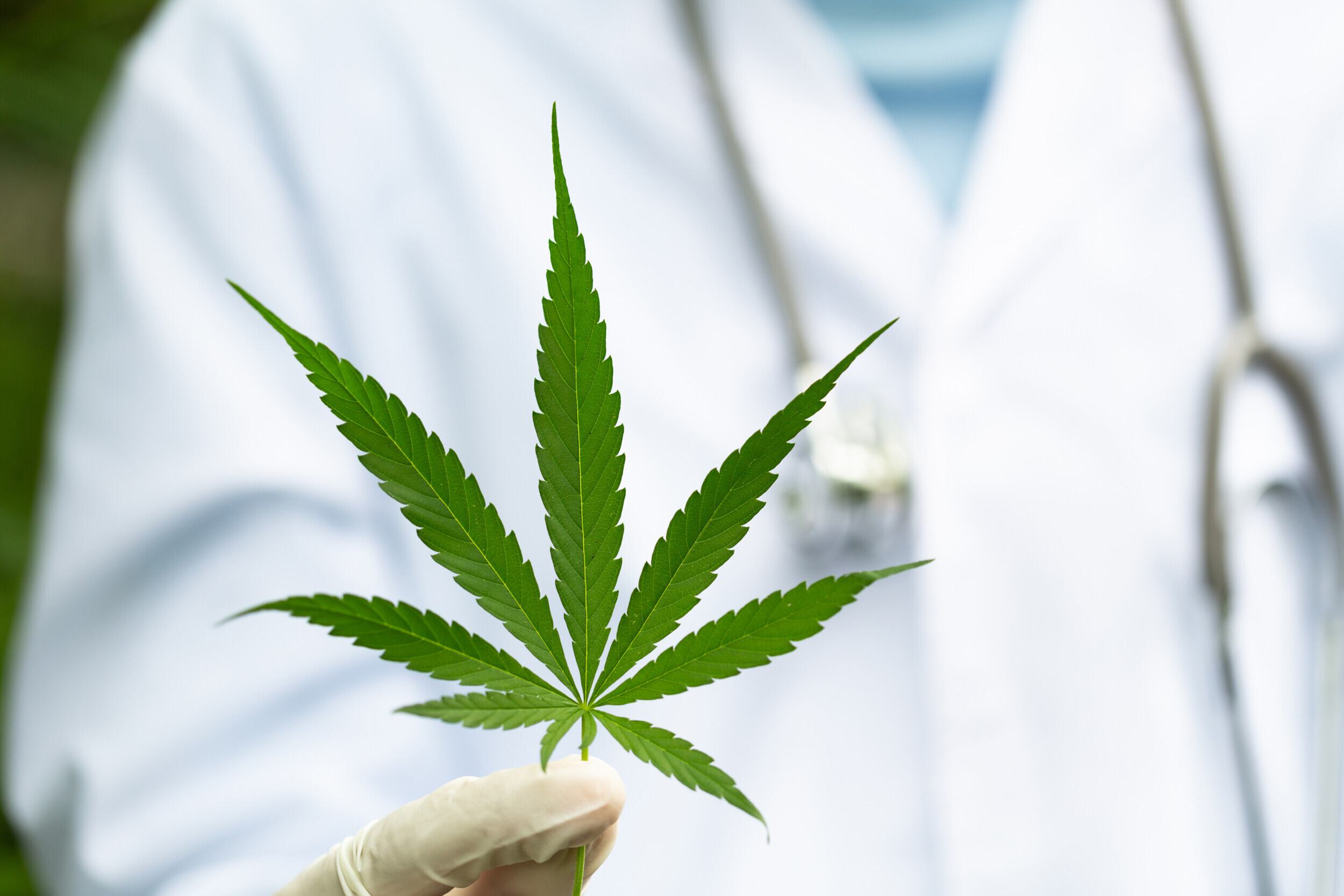The Birmingham City Council introduced an ordinance Tuesday to allow medical marijuana dispensaries to operate within the city limits.
"I think we know the state of Alabama, unfortunately, is last in a lot of things, including health," said Mayor Randall Woodfin, who recommended the ordinance. "All types of diseases exist not only in this state but particularly in this community in our city. I think having the opportunity as a state to offer alternative medicine puts us in a position to ease pain and possibly save lives as well."
Woodfin said the ordinance would be the first step in a long process, but there was already "high interest" among residents in the city and in the rest of Jefferson County.
The state is accepting applications through December 30 and plans to begin issuing licenses on July 10, 2023. Assistant city attorney Julie Barnard said the city would be allowed up to nine dispensary licenses if the ordinance is fully approved. Any dispensary will be required to follow local zoning laws and business regulations, including a requirement to be located at least 1,000 feet from a school or child care center.
Council member Carol Clark asked the mayor how the council could "influence" the burgeoning medical cannabis industry to be "inclusive."
"Black people have been sort of self-medicating with treating their PTSD or whatever with marijuana, and a lot of our folks have been disproportionately incarcerated and punished around it," Clark said. "[D]o you think there are ways for us to influence how this industry as it develops legally is inclusive of all of our communities?"
Woodfin responded by saying the city would have to follow any applicable laws, but beyond that, it would need to be "intentional and creative" in handling that issue.
"Related to this topic, marijuana, those in certain communities, particularly the black community, have been impacted very negatively from unjust laws related to this," he said, "[W]hat I want the city of Birmingham to do is be very intentional and creative about making sure those who have been affected in a negative way can participate and be at the front of the line as it relates to those profiting off this as well."
Councilman Hunter Williams had some reservations about the ordinance. He gave a recent example involving the residents of the Huffman neighborhood not wanting a CBD store to locate there.
"The neighborhood fought very hard to make sure the CBD store did not open," Williams said. "[I] want to make sure that we respect the neighborhoods that might not want this in their neighborhood."
"If Huffman doesn't want it there, I think there is a minimum of 98 other neighborhoods that may be open to this," Woodfin responded. "[T]his is not a CBD store. If you don't have an actual prescription or medical card, you can't purchase anything out of this. So this is not the same. It's not even analogous. It's not even in the same ballpark."
The mayor encouraged the council to "put on their health care hats" when considering the issue.
"It's going to be extremely important on our end for our residents to be armed with factual information, not hearsay and perception of what they think this is," Woodfin said.
Councilman Darrell O'Quinn agreed with the mayor about it being a health care issue similar to any other pharmaceutical.
"I think the appropriate context for this might be summed up in the phrase 'bottle, not baggy,'" O'Quinn said. "This is about healthcare and access to medicine."
The ordinance passed on first reading with Williams declining to vote.
To connect with the author of this story, or to comment, email daniel.taylor@1819news.com.
Don't miss out! Subscribe to our newsletter and get our top stories every weekday morning.










